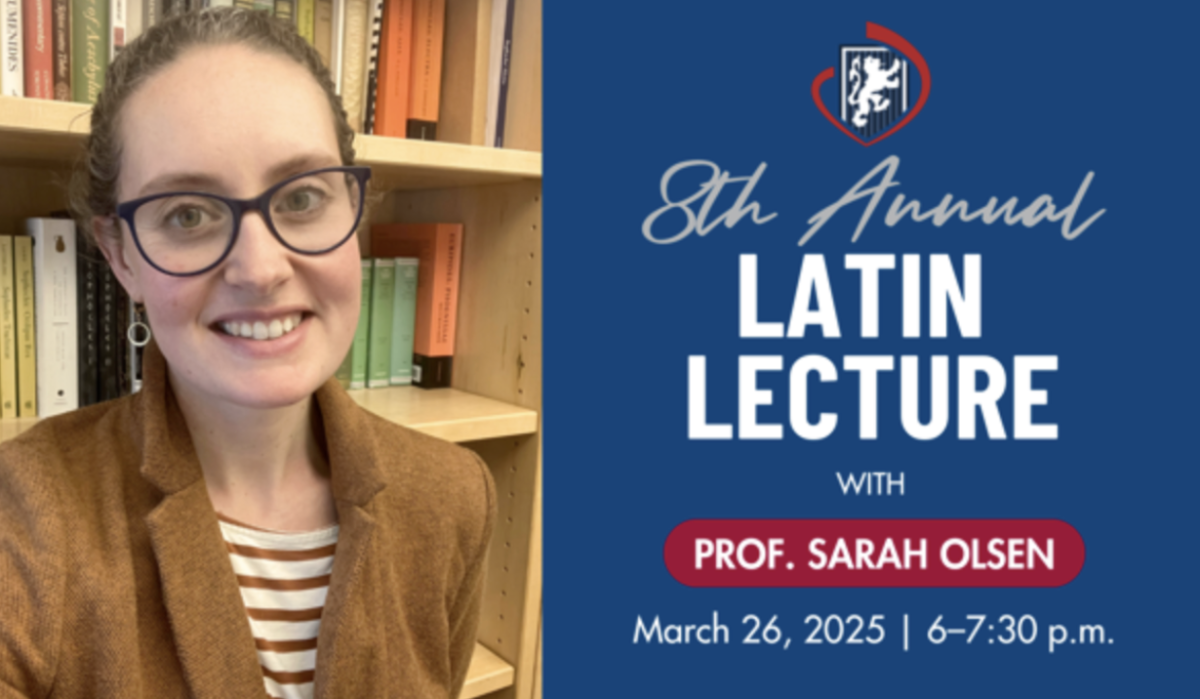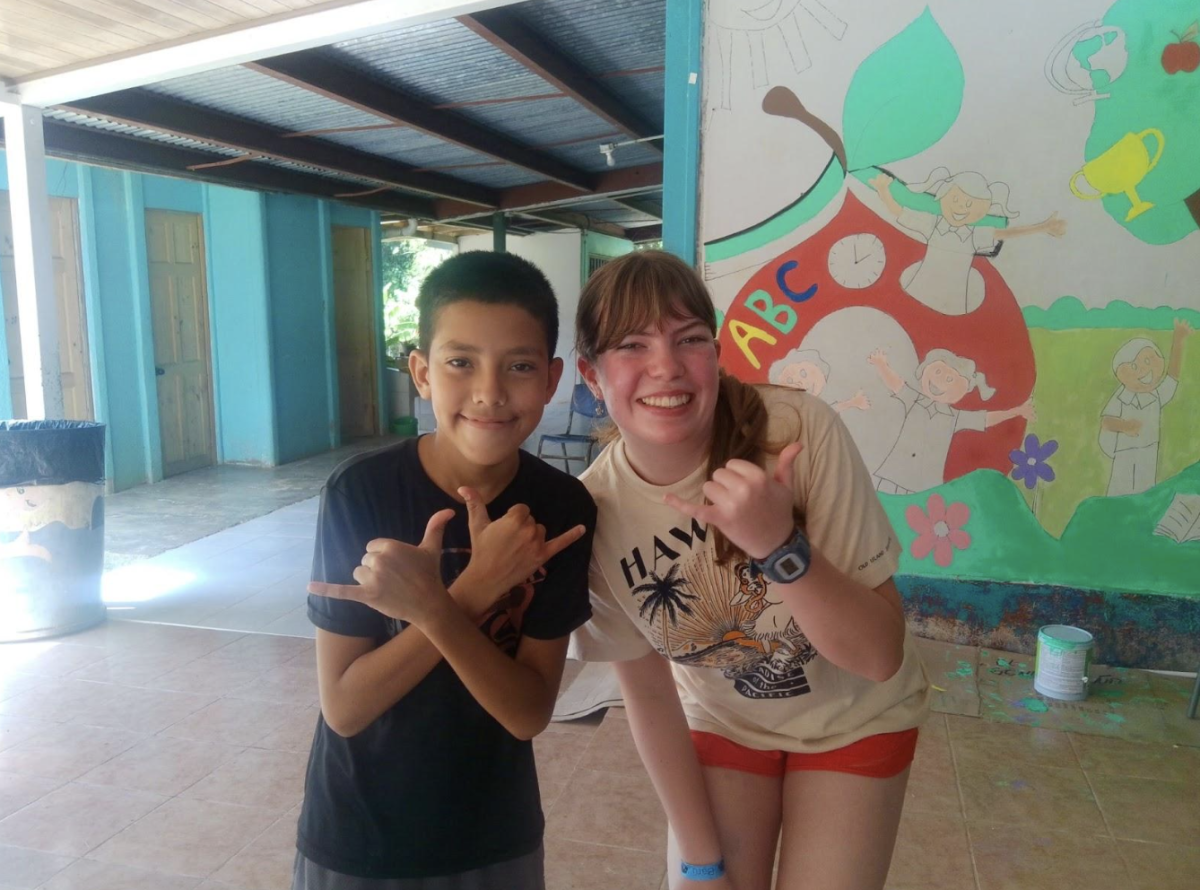Madison Riehle
Editor-in-Chief
With Winter Finals approaching this Monday, so do the pressures of the last tests and projects of semester. Though the stresses of assignments can benefit workflow, too much can lead to anxiety and can inhibit the amount of tasks done.
Stress and anxiety differentiates in that stress is categorized by day-to-day frustration and nervousness, while anxiety comes from fear and worry, according to the Anxiety and Depression Association of America.
“I get stressed out by my own expectations,” senior Alanna Hu said. “Expectations that I set for myself, but also the pressures to do well because of what other people expect of me.”
Stress can be caused by a physical or emotional change, or a change in the environment that requires an adjustment or response.
“It’s easier for a student to identify having stress than it is for them to say, ‘Maybe that’s not stress. I think I’m busy and I think these things are important to get done,’” school counselor Annie Egan said. “That’s a difference, and there are very different tools that you can work with to curb those feelings of stress.”
Unmanaged stress can lead to an increased risk of both mental and physical problems including illness, diabetes, obesity and heart disease, in addition to depressive and anxiety disorders, according to a study by University of California at Irvine.
“A way to chip away at stress, though everything is certainly case-specific, is to distill the myth of the importance,” Egan said. “It might feel that important, but in actuality, it’s probably not. By really spending the time to find out why it makes you stressed versus just saying ‘It’s gonna be fine,’ is not going to be helpful for someone in that space.”
The best ways to deal with stressors are to get at least eight hours of sleep, exercise, avoid caffeine and relax, according the the UC Irvine study. Identifying the source of the stress by boiling down problems additionally helps to get to the root of the problem.
“There is a lot of pressure to take challenging classes and excel in them, which is why I experience stress, in addition to college applications, homework, projects and especially finals in those classes,” senior Shirley Yang said. “It takes me a long time to commute home, so I use that time to take a deep breath on the bus and chill and try to plan out what I’m going to do for the evening and plan ahead.”
Natural stress can turn into anxiety, or an anxiety disorder, when everyday tasks or assignments cause irrational fear, according to the National Institute of Mental Health.
Anxiety disorders are the most common mental illness in the United States, affecting 40 million adults aged 18 and older and 8 percent of teens ages 13–18, according to the Anxiety and Depression Association of America.
“No matter what was going on in my life, I’m always extra anxious, that’s part of the disorder,” a senior who was diagnosed with an anxiety disorder in her junior year and asked not to be identified, said. “I don’t have to be in a stressful situation in order to feel the pressure and rushed feelings that come with anxiety.”
Anxiety disorders can range from Generalized Anxiety Disorder, obsessive-compulsive disorder, panic disorder, post-traumatic stress disorder to social phobia. Though there are different symptoms with each disorder, all are based on excessive, irrational fear and dread, according to the National Institute of Mental Health.
“Sometimes with anxiety there’s a lot of physical ramifications, one example is your heartbeat increases, and that itself is distracting, because often it goes into a cycle of a panic attack,” Egan said.
Similar to the feelings of stress, anxiety can be mitigated in similar ways, although sometimes medication is necessary, according to the National Institute of Mental Health.
“Once you can get to your place of calm, you can actually expect your brain to do the work you are expecting it to do,” Egan said. “Stress is a single lane and to be able to branch off, and to give yourself exit ramps and detours, gives a certain amount of freedom to breathe.”














